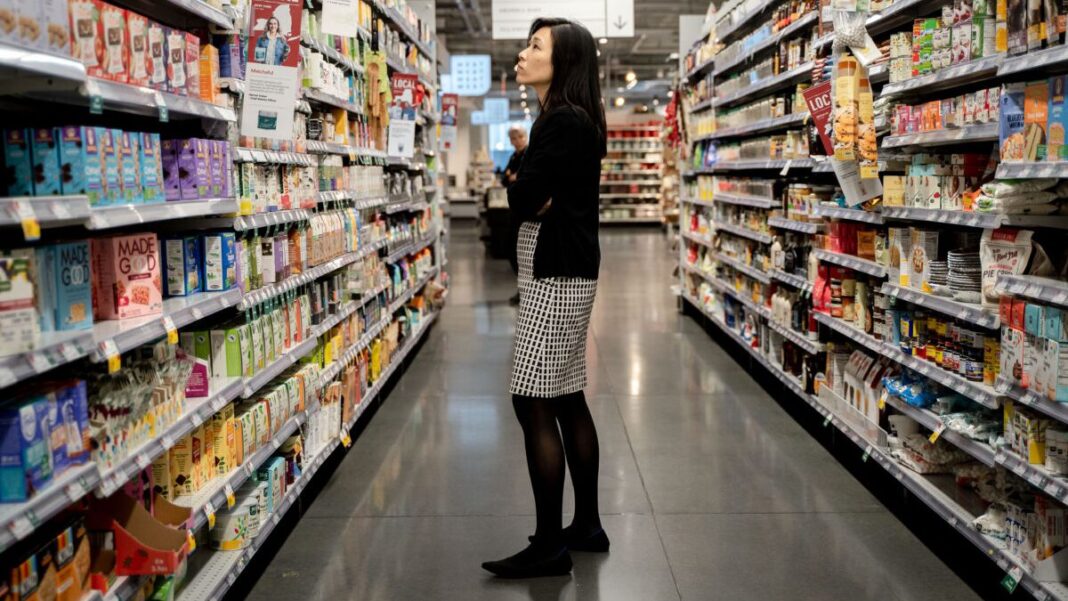
Research of more than 42,000 adults shows platform-specific effects on mood.
People who spend most of their day on social media show significantly higher levels of irritability than nonusers, scoring more than three points higher on a standard irritability test, according to a major new study of more than 42,000 adults.
Dose-Dependent Response
A new study published in JAMA Network Open on Jan. 8 examined the relationship between social media use and irritability, moving beyond previous research that focused primarily on depression and anxiety.
Conducted between November 2023 and January 2024, the study surveyed more than 42,500 U.S. adults from 50 states and the District of Columbia.
The research found that around 80 percent of respondents engaged with at least one social media platform daily. Using the Brief Irritability Test, researchers found that people who used social media multiple times daily scored 1.43 points higher than nonusers.
Those who reported using social media “most of the day” showed an even more dramatic increase, scoring 3.37 points higher than nonusers.
This pattern suggests a dose-response relationship: The more frequently people used social media, the higher their irritability scores climbed, according to the authors.
Social media often frequently shows a heavily filtered and highly curated version of reality. Constantly seeing others portray happy lives, vacations, relationships, and idealistic bodies can lead to feelings of inadequacy, envy, and frustration with one’s own life. This constant comparison can fuel feelings of resentment and irritability.
Additionally, screen entertainment through social media can be overly stimulating, which may increase baseline stress, leading to feelings of anxiety and irritation.
Also, the blue light emitted from electronic devices can interfere with sleep patterns. Lack of sleep can significantly affect mood and increase irritability.
Frequent TikTok, Facebook, Instagram Use Highlighted
The effect was particularly pronounced on specific platforms. For instance, TikTok users who engaged with the platform most of the day showed a 1.69-point increase in irritability scores, while frequent Facebook users showed a 1.40-point increase.








